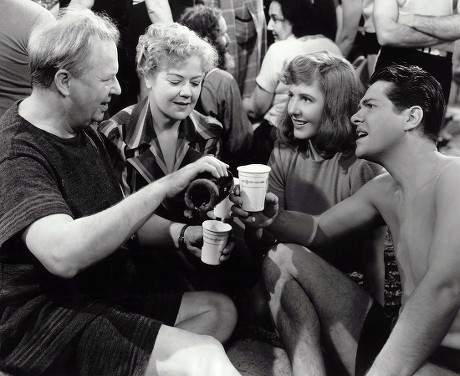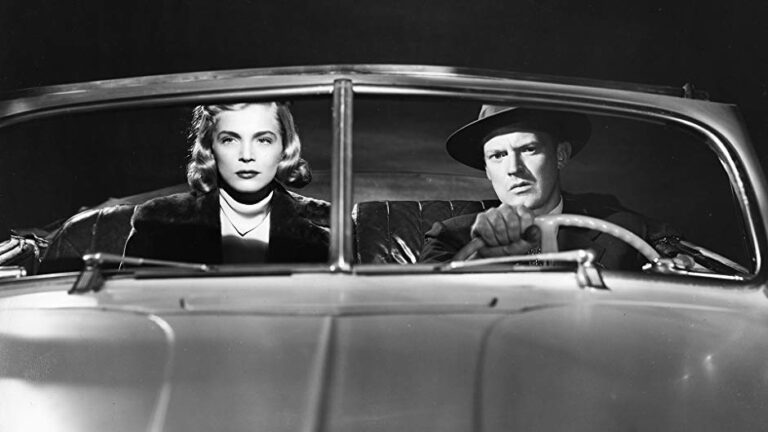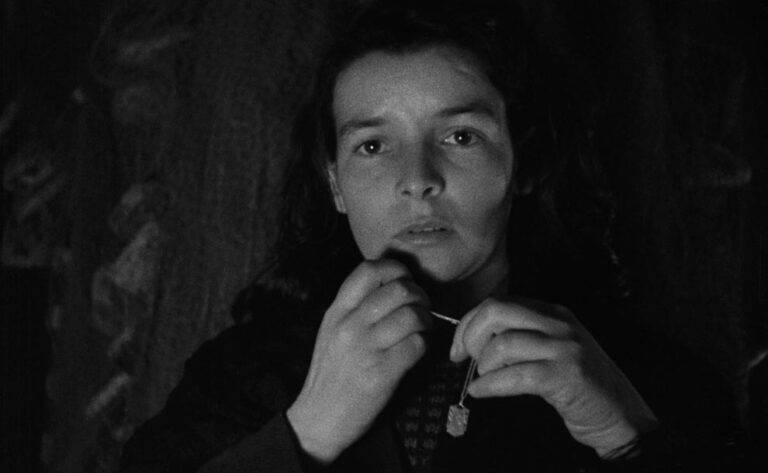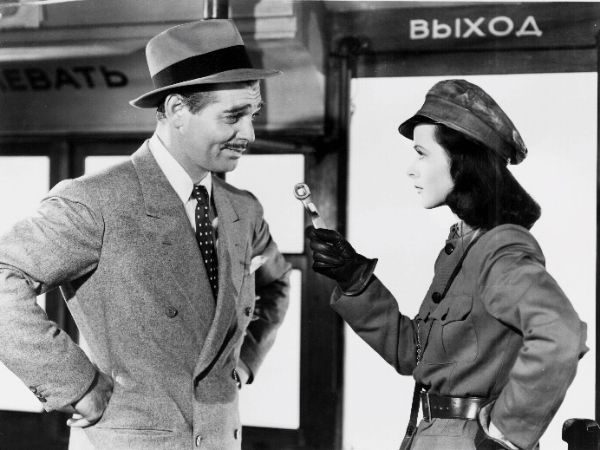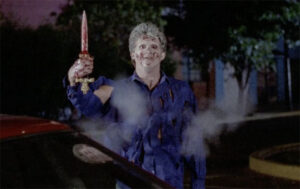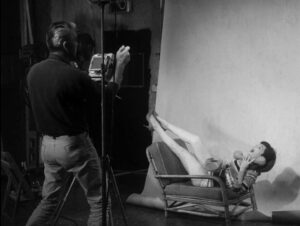![]()
The Devil and Miss Jones (1941) Directed by Sam Wood
Sam Wood’s most anti-Sam Wood film is a political paradox for its director, a triumph for its actors and a great addition to the pro-labor canon of subversive Hollywood melodramas of the 1940s. Charles Coburn plays The Devil, a New York tycoon who masquerades as a clerk in one of his stores to uncover the perpetrators of a surreptitious revolt against him, he is the stereotypical capitalist, lonely, grumpy and overbearing. Jean Arthur plays Miss Jones, a gracious shoe saleswoman who works in one of the devil’s stores and is also the partner of Joe (Robert Cummings), one of the rowdy promoters of the workers’ union. The exceptional screenplay penned by Norman Krasna with these transparently social underpinnings develops a typical storyline with the typical biting sentiments of an anti-capitalist sketch – very unsubtle, very unfunny and slightly puerile – but starring atypical characters – very humane, very relatable and uncommonly witty – and with the expeditious formality of Sam Wood’s filmmaking, the ground rules are set to deliver a feel-good, warm-hearted Hollywood picture with a lot to satirize about American society from a utopian, overly sanguine, but delightful perspective.
In a low camera angle to the sound of ominous and sinister background music, luxurious cars one by one pull up to the entrance of the opulent mansion of the dreaded richest man in town. Four men wearing classy suits displaying concerned countenances step out of the cars and head reluctantly towards the grand door, these four characters turn out to be the associates of the mighty tycoon played by Charles Coburn, who have come to give him the bad news that a labor revolution against him is taking place. Charles Coburn with his Hitchcockian visage is more than shocked, filled with an irrepressible desire for revenge; he wants to find out who these unruly characters are so he can fire them. The rancorous magnate’s scheme is to infiltrate this labor union. But ironically, his plan only succeeds in empathizing with the workers, and judging himself as the culprit. A story that draws on the realism of a tangible social predicament in modern society, but the humanistic twist offered by Krasna’s buoyant screenplay is such a didactic and practical one that instead of dwelling on the pessimism of the contextual reality it embraces the progressive avenues of change for a better future, one where the bad guys in the movie can change for the better. That is exactly what happens to Charles Coburn’s character, when he befriends Jean Arthur’s sweet, idealistic Mary Jones, and falls in love with the endearing Elizabeth played by Spring Byington, his preconceptions are converted into understanding and commiseration.
The strength of this anarchic melodrama lies in reversing social stereotypes, to witness this absurdly wealthy man living in his own flesh the persecutions that the working class suffers is a profoundly effective therapy. The exercise of first-hand experience is always an exercise in empathy, which is often infallible in transforming egoism into altruism, avarice into solidarity. To think that Sam Wood, a feverish right-winger, helmed a film with unambiguously socialist ethos, is the ultimate irony of his career, and although the dissident film does not look and feel uniformly comic as the gags might suggest, Wood’s directorial professionalism is consistently present to control this sort of pseudo-Capracorn as if it were a masterpiece. If I must single out one particular moment in the entire film, I’ll go with the forceful segment of Robert Cummings fearlessly defying the authorities in the most artfully subversive manner. That has to be one of the most rebellious bits in the whole history of 1940s American cinema.
